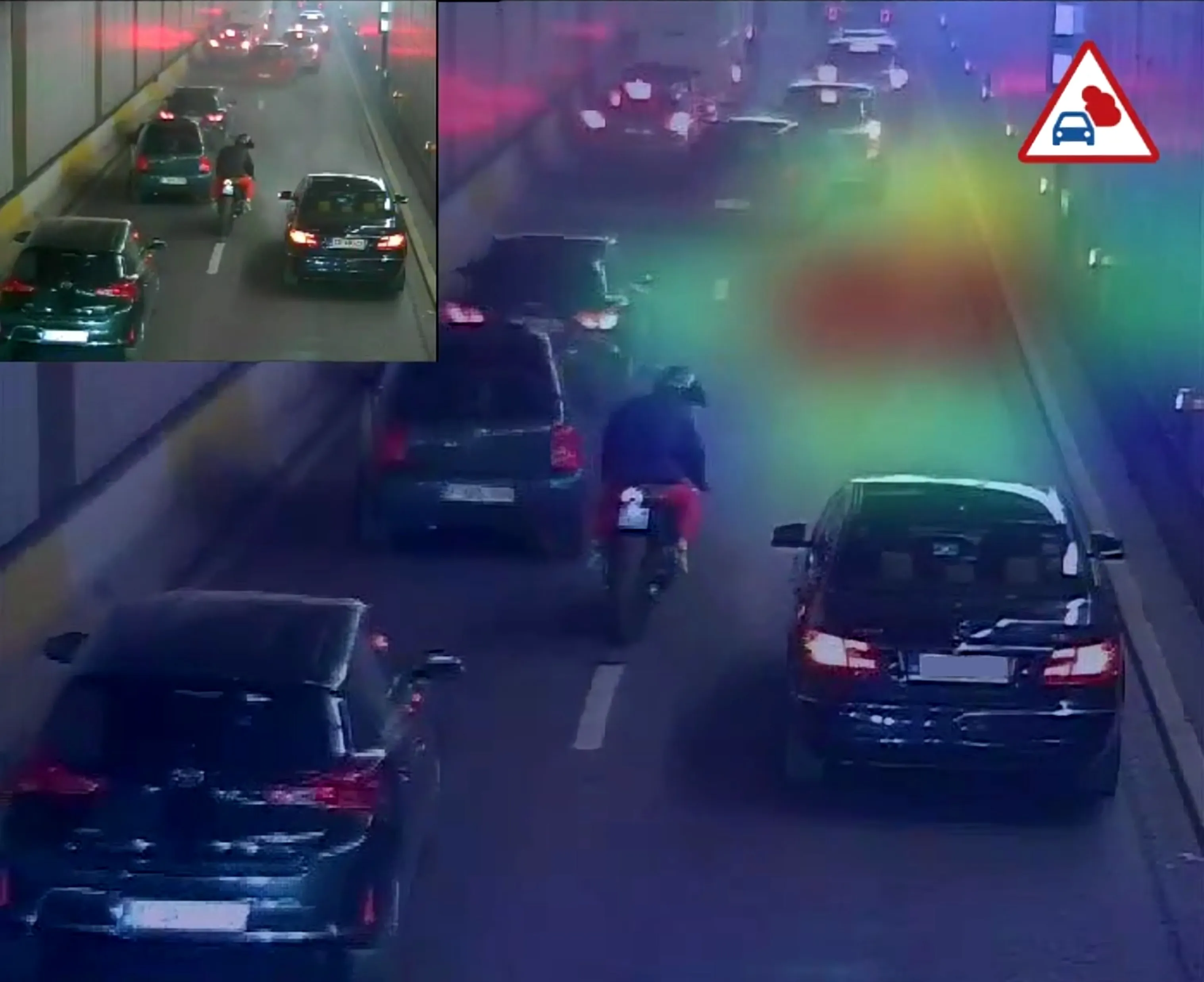UK company Quality Marking Systems has released its comments on a recent road safety article in the Road Safety Markings Association’s (RSMA’s) Top Marks magazine entitled ‘ERF at the forefront of improving road safety in Europe’.
The article examines the growing importance of a well maintained road infrastructure and indicates that the European Union Road Federation (ERF) has initiated a very promising cooperation with the European Road Assessment Programme and the European Association of Vehicle Manuf
September 20, 2013
Read time: 3 mins
UK company Quality Marking Systems has released its comments on a recent road safety article in the Road Safety Markings Association’s (RSMA’s) Top Marks magazine entitled ‘ERF at the forefront of improving road safety in Europe’.
The article examines the growing importance of a well maintained road infrastructure and indicates that the1816 European Union Road Federation (ERF) has initiated a very promising cooperation with the European Road Assessment Programme and the European Association of Vehicle Manufacturers on the concept of the ‘roads that cars can read’.
Recognising the importance of a well-maintained road infrastructure for the effective operation of advanced driver assistance systems (ADAS), EuroRAP and EuroNCAP launched a consultation in 2011 on this topic. The article goes on to say that while again the output report of the working group has not yet been finalised, preliminary conclusions are likely to include the greater use of wet-night visible markings that are visible both to the human eye and the car.
1691 Google has been at the forefront of the technology but now many leading car makers, including 1685 Mercedes, 1686 Toyota, 278 Ford, 2125 Audi and 609 Volvo, are currently developing their own systems, which rely largely on a combination of GPS, cameras, radar and ultrasonic sensors.
According to Mark Llewellyn of Quality Marking Services, however, the visual sensors and cameras rely on good visible road markings and signs, especially at night.
He says, “The advantages are obvious, with the automation of a highway network with driverless cars promising reduced congestion, reduced travel time, fewer accidents and reduced environmental impact. However, if driverless vehicles are to become a common sight on the UK’s highway network then government, councils and highway organisations will need to invest in the maintenance of highway line marking on Britain’s roads, something that has been sadly lacking during the last decade or so.
“The investment in the infrastructure must come, and come quickly, if the UK is to be at the forefront in the use of this technology and take advantage of the huge benefits it offers.
“However, time is short, as some variants of this automated technology have already been finding their way into cars on the road with lane detection, vehicle speed and distance monitoring systems. Some top end luxury cars are already available with automatic systems intended for use on motorways that can be programmed to maintain a set speed, brake and accelerate to the set speed as needed, whilst autonomously steering to stay in lane, completely automatically without any input from the driver.”
The article examines the growing importance of a well maintained road infrastructure and indicates that the
Recognising the importance of a well-maintained road infrastructure for the effective operation of advanced driver assistance systems (ADAS), EuroRAP and EuroNCAP launched a consultation in 2011 on this topic. The article goes on to say that while again the output report of the working group has not yet been finalised, preliminary conclusions are likely to include the greater use of wet-night visible markings that are visible both to the human eye and the car.
According to Mark Llewellyn of Quality Marking Services, however, the visual sensors and cameras rely on good visible road markings and signs, especially at night.
He says, “The advantages are obvious, with the automation of a highway network with driverless cars promising reduced congestion, reduced travel time, fewer accidents and reduced environmental impact. However, if driverless vehicles are to become a common sight on the UK’s highway network then government, councils and highway organisations will need to invest in the maintenance of highway line marking on Britain’s roads, something that has been sadly lacking during the last decade or so.
“The investment in the infrastructure must come, and come quickly, if the UK is to be at the forefront in the use of this technology and take advantage of the huge benefits it offers.
“However, time is short, as some variants of this automated technology have already been finding their way into cars on the road with lane detection, vehicle speed and distance monitoring systems. Some top end luxury cars are already available with automatic systems intended for use on motorways that can be programmed to maintain a set speed, brake and accelerate to the set speed as needed, whilst autonomously steering to stay in lane, completely automatically without any input from the driver.”










